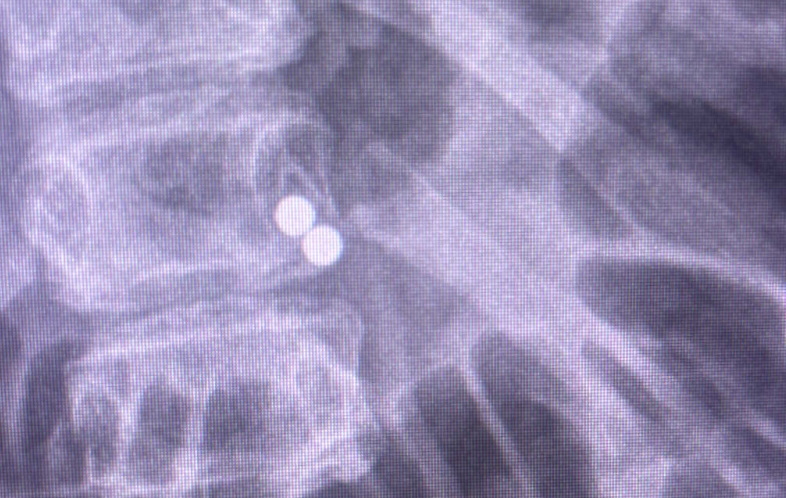
Neodymium magnets have been banned since 2014 but are still available through online marketplaces.
Surgeons at Tauranga Hospital had to remove part of the boy's bowel after he ate up to 100 of the small magnets, according to a case study in the New Zealand Medical Journal.
They said it was "alarming" how difficult it was to enforce the long-standing ban when easily-accessible online marketplaces existed.
The Pasifika Medical Association Group said it highlighted the dangers of online marketplaces in the paediatric population.
"While product safety laws exist in New Zealand that prohibit the sale of high-powered magnets, there is significant challenge in enforcing these laws on products sold on online marketplaces.
"This is especially concerning for our tamariki as these platforms are easily accessible," a spokesperson said.
University of Auckland Professor Alex Sims said small, high-powered magnets were being advertised as fun toys when they could be life threatening.
"Small high-power magnets have been marketed and sold as fun toys for adults and children when they are sold in sets as they can be used to make different shapes and also be used as fidget toys.
"Unfortunately, they often come as brightly coloured small balls, making them attractive for children to swallow."
Professor Sims said enforcing the ban on these small magnets was difficult when they were cheap and easy to get through online marketplaces.
"Parents should not be allowing their children to purchase items unsupervised on any online marketplaces, all purchases must be done or at least overseen by parents."














